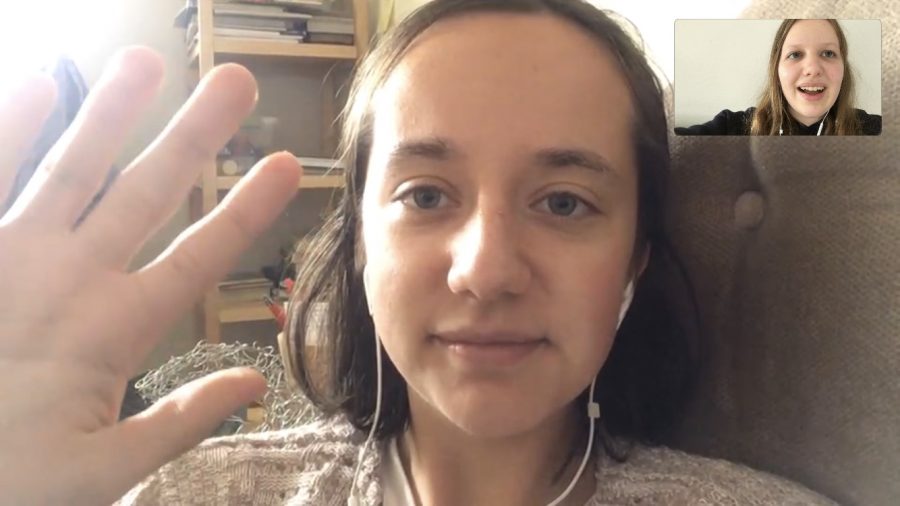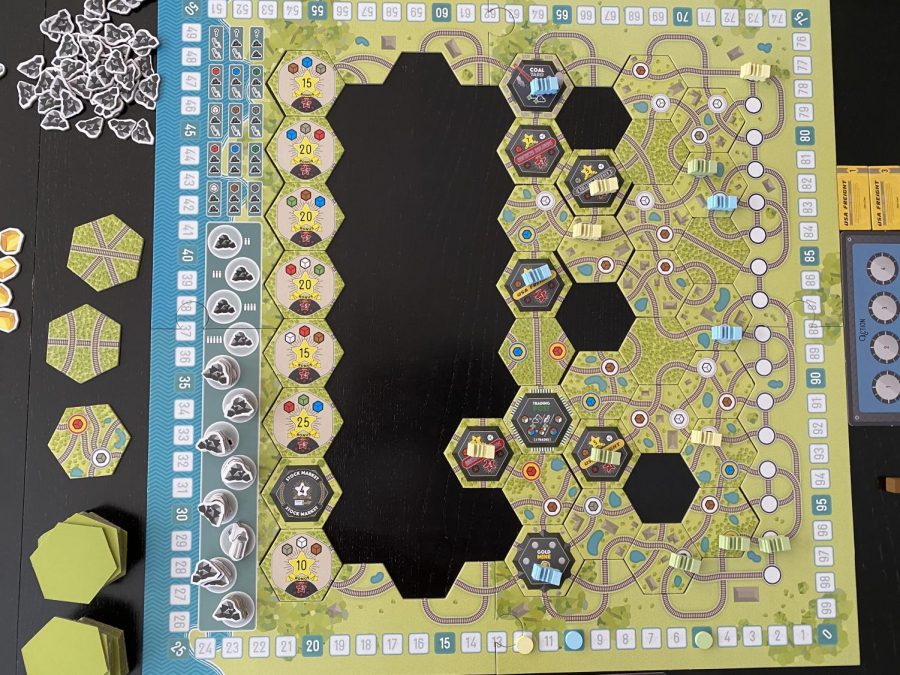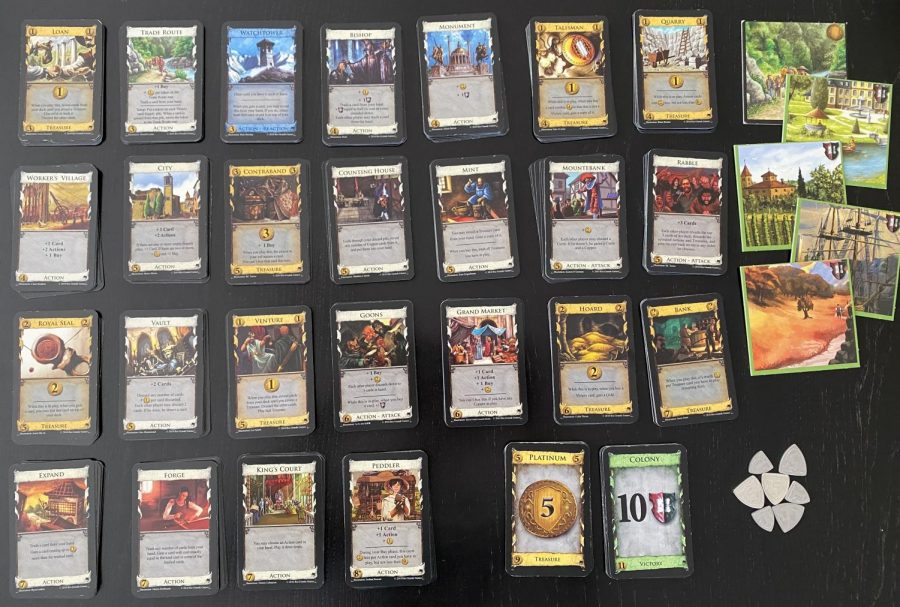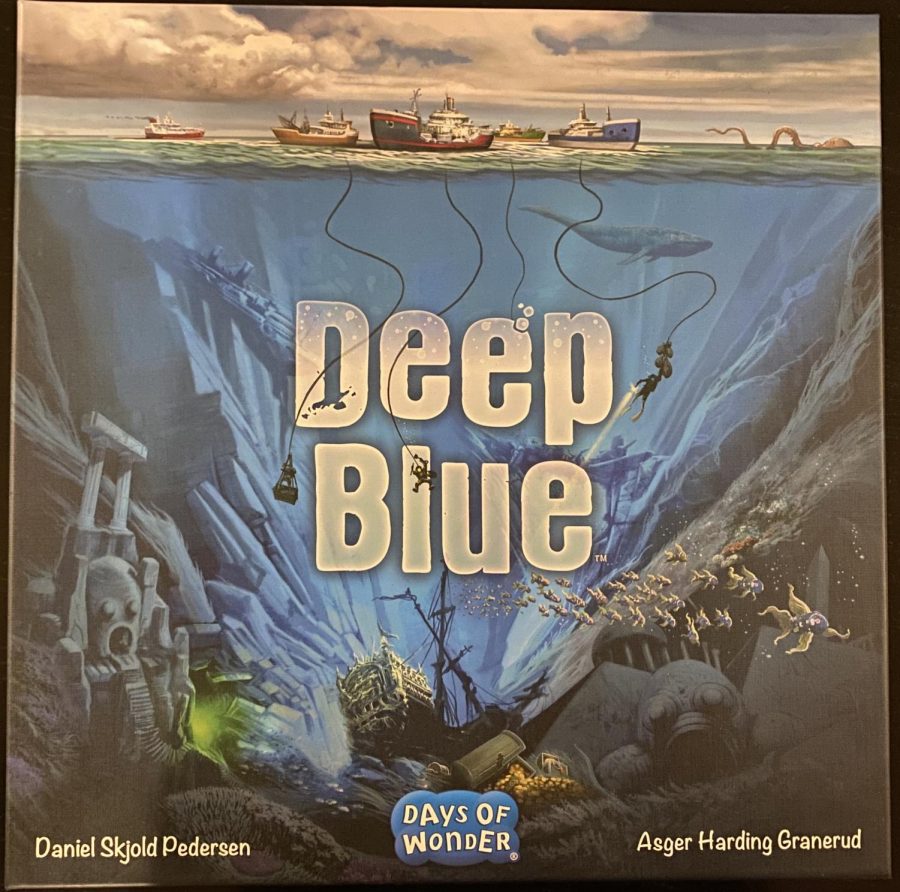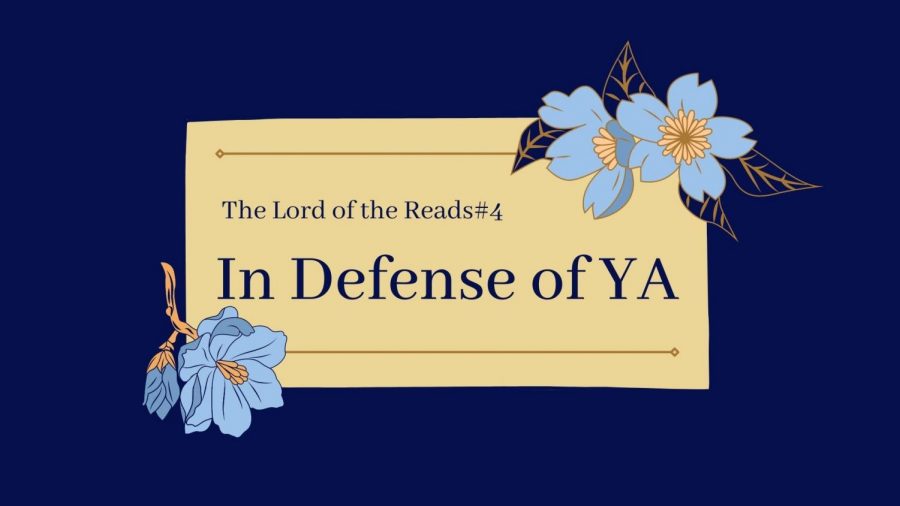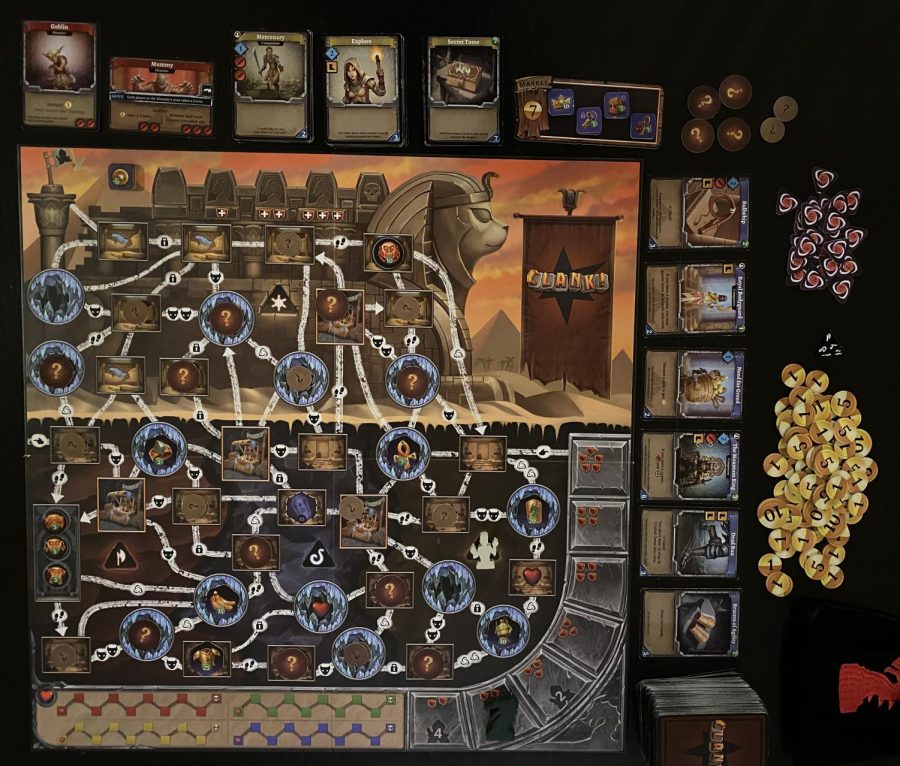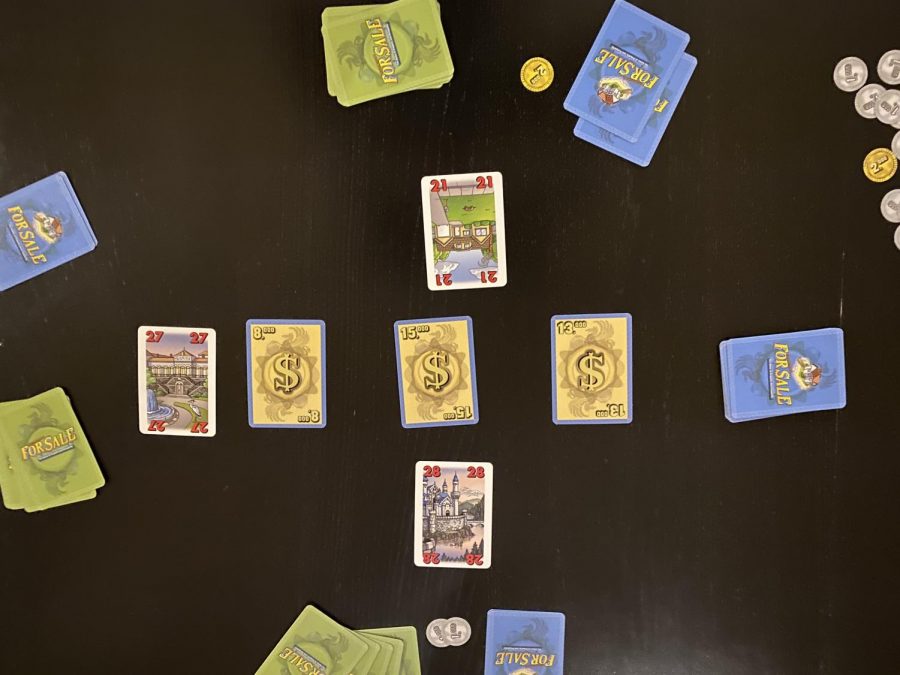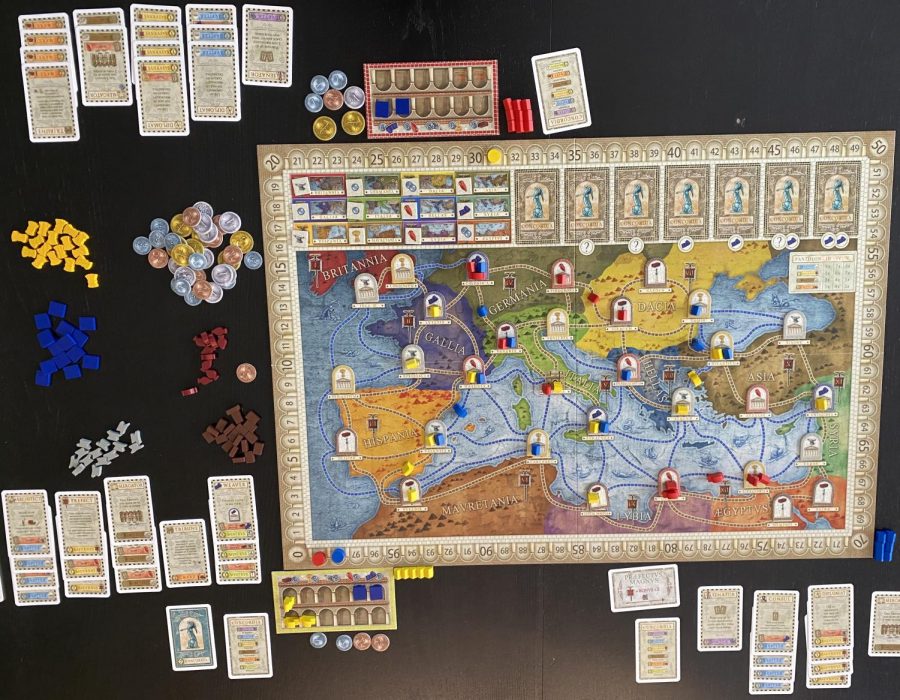COVID-19 has created a lot of uncertainty and anxiety for many, and I’m no exception.
Even before the virus spread and disrupted our regular lives, the beginning of the spring semester brought high levels of stress. Earlier, when I moved and changed schools, I lost contact with friends and dealt with the pressure of getting used to a new school system.
The shelter-in-place is decreasing the spread of COVID-19; however, it has been detrimental to my mental health. Taking care of my health has felt like a chore, but I am confident that with time, it will bring me joy.
I have been trying to find stress-relief methods that work for me, and I hope that if you are dealing with stress, this list will have something new you can try.
Sleep
When I don’t get enough sleep, I usually feel unmotivated, and nothing seems to cheer me up. Therefore, I try to get at least eight hours of sleep each night.
I have also found that maintaining a consistent sleep schedule helps me feel more productive and less stressed out with my schoolwork. Waking up at the same time — even on weekends — allows me to feel refreshed and have a sense of routine.
Likewise, if I turn down the brightness on my electronic devices or use “night mode” if I am up late studying, I can more easily adjust to the natural nightfall.
Currently, having a cup of hot tea helps me wind down before bed, but I used to have a lot of trouble falling asleep. Listening to guided sleep mediation on Oprah & Deepak Meditation or rain sounds on Relax Sounds also allows me to doze off quickly.
Movement
It’s no secret that exercising benefits physical health, but it may come as a surprise that it helps improve mental health as well. This is because exercise produces endorphins that can boost your mood.
Most of the workouts I have tried, from ice skating to using machine weights at the gym, have helped me stay active. But, with gyms deemed nonessential and closed due to COVID-19, my opportunities to get moving have decreased.
However, both walks outside and yoga at home have proven to be the most relaxing forms of exercise for me. Yoga is the perfect balance of meditation and exercise for me personally, as I can find it hard to sit still if I am overwhelmed, and the connection between movement and breath allows me to center myself.
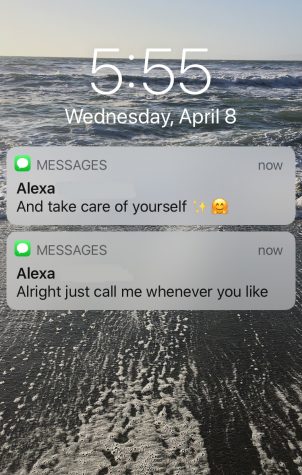
My friends and I look out for each other and are a great support system.
Socializing
After several moves and being far away from my friends, I am used to having long-distance relationships. Keeping in touch with friends allowed me to have a support system.
Talking about everything, and nothing, showed me that I was not alone. Seeking advice or just a second opinion helped me deal with problems.
Recently, video calls with my friends have been my go-to cure to a bad day. Plus, they create meaningful study breaks that allow me to catch up with my friends.
When I’m pressed for time and don’t have the chance for a call, exchanging a few words and selfies over text can bring a smile to my face.
Distraction
If everything is just too overwhelming, distracting myself is the only option.
Listening to music, and sometimes singing along, has proved to be a great distraction time and time again. I also love to dance like nobody’s watching, combining movement and distraction.
If my friends aren’t available for a call, it can feel like I’m all alone. To combat my loneliness, I have been listening to podcasts to hear people’s opinions and gather new talking points.
To channel my stress into a creative outlet, I have tried painting, creating digital art, and writing poetry.
For me, de-stressing means many things, such as seeking support from my friends and striving to incorporate movement into my life. Throughout my journey, I found new things to try out and discovered what works for me.
Of course, not everything I tried allowed me to achieve lower stress levels. Like me, you may feel frustrated that your efforts are futile.
Nonetheless, I encourage you to continue looking for methods of stress-relief that will help you improve your life. I trust that my experience showcases ideas you can try and inspires you to step outside your comfort zone.

